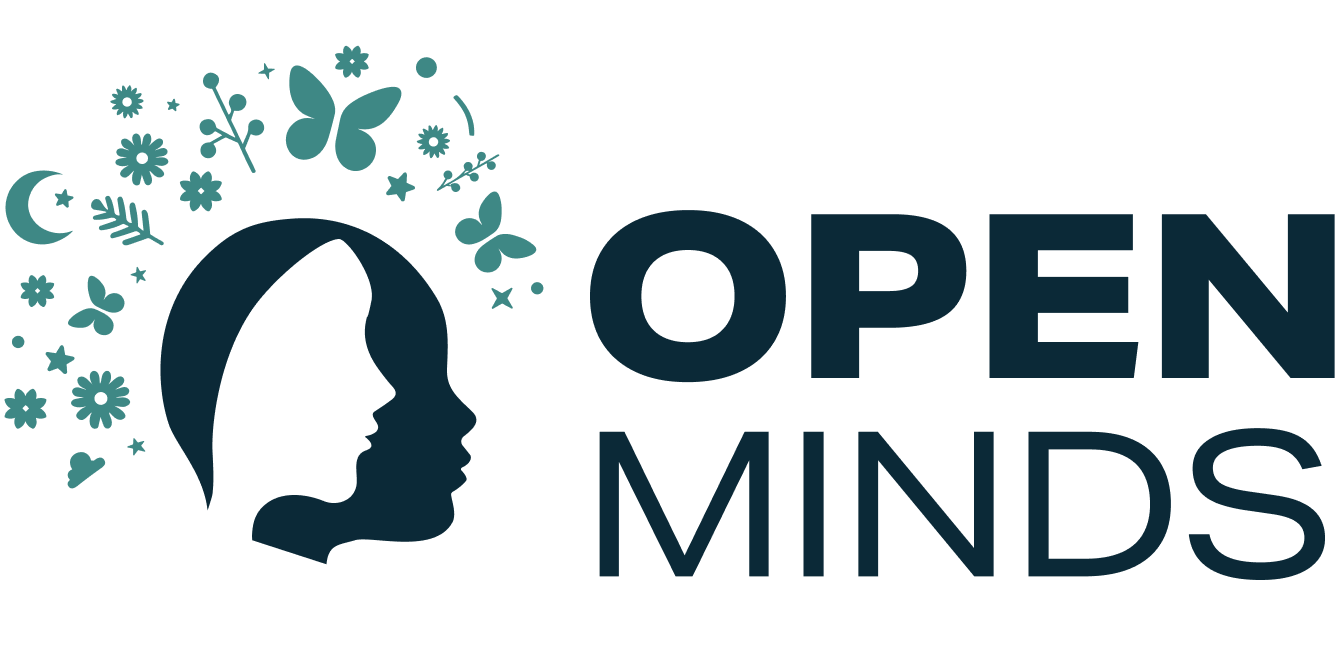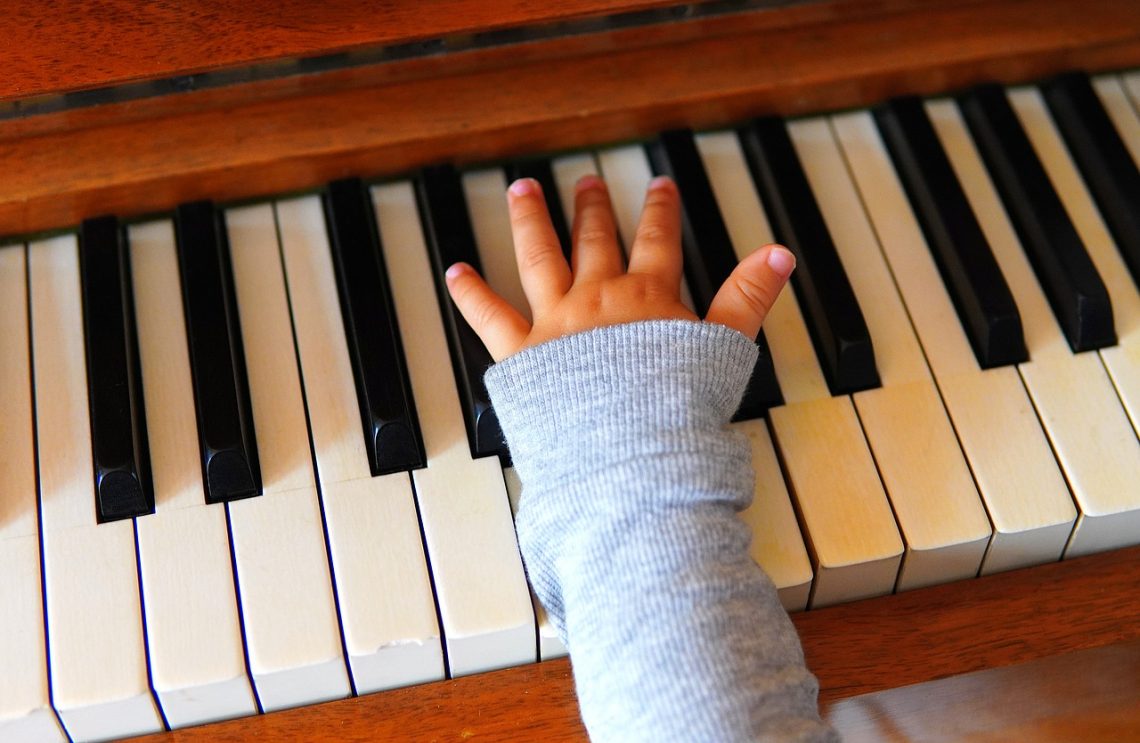In the symphony of childhood, where every experience shapes the burgeoning minds of
young learners, music emerges as a powerful catalyst for growth, learning, and emotional
development. Beyond mere entertainment, music plays a fundamental role in shaping
cognitive abilities, fostering social skills, and nurturing emotional intelligence in children.
In our classes, children embark on a rhythmic adventure guided by the gentle melodies of
piano and guitar. Together, we traverse the landscapes of different genres and complexities,
exploring the nuances of rhythm and harmony. Through the act of listening, singing, and
engaging in percussive play, children hone their auditory skills, refine their motor
coordination, and deepen their emotional connection to music.
Yet, our approach extends beyond the mere transmission of musical knowledge. Just as the
Reggio Emilia philosophy celebrates artistic expression from the earliest stages of life, our
classes nurture the budding creativity within each child. Through age-appropriate activities
that encourage experimentation and self-expression, children learn to paint their own
musical landscapes, weaving melodies and rhythms that reflect their unique inner worlds.
As we delve into the profound impact of music on childhood development, we uncover a
tapestry of benefits that extend far beyond the confines of a classroom:
Cognitive Development:
Research has long established the profound influence of music on cognitive development in
children. From sharpening memory and enhancing language skills to improving
mathematical reasoning and spatial intelligence, exposure to music at a young age lays the
groundwork for a wide array of cognitive abilities. Through the intricate patterns of melody
and rhythm, children learn to perceive, interpret, and respond to auditory stimuli, forging
neural connections that underpin learning and problem-solving skills.
Language Acquisition:
The rhythmic patterns and lyrical structures inherent in music provide a rich tapestry for
language acquisition in children. Whether through singing nursery rhymes, chanting rhymes,
or exploring the nuances of different musical genres, children develop phonological
awareness, vocabulary, and expressive language skills. Moreover, the act of singing along
to songs facilitates fluency, intonation, and pronunciation, paving the way for effective
communication and literacy development.
Emotional Regulation:
In the tumultuous landscape of childhood emotions, music serves as a soothing balm,
offering solace and support in times of distress. Through the evocative power of melody and
harmony, children learn to identify, express, and regulate their emotions, fostering resilience
and emotional intelligence. Whether through the uplifting strains of a joyful melody or the
poignant notes of a melancholic tune, music provides a safe outlet for children to explore
and process their feelings, cultivating empathy, self-awareness, and emotional well-being.
Social Connection:
Music transcends barriers of age, culture, and language, serving as a universal language
that fosters social connection and cohesion. Whether through collaborative music-making
activities, group singing sessions, or shared musical experiences, children learn the value of
cooperation, teamwork, and empathy. As they harmonize with their peers, they develop
essential social skills such as turn-taking, listening, and compromise, laying the foundation
for healthy interpersonal relationships and community engagement.
Creativity and Self-Expression:
At its core, music is a form of creative expression—a canvas upon which children can paint
the vivid hues of their imagination and emotions. Through improvisation, composition, and
musical experimentation, children unleash their innate creativity, exploring new ideas,
perspectives, and identities. Whether through the strumming of a guitar, the tapping of
drums, or the singing of a melody, children learn to express themselves authentically,
fostering confidence, self-esteem, and a lifelong love for the arts.


Excelente visión de lo que debe ser una novedosa concepción de “un salón de clase a”…
Aunque en honor a la verdad, a la afirmación; “…far beyond the confines of a classroom…”, le agregaría “ …of XX century traditional schools”